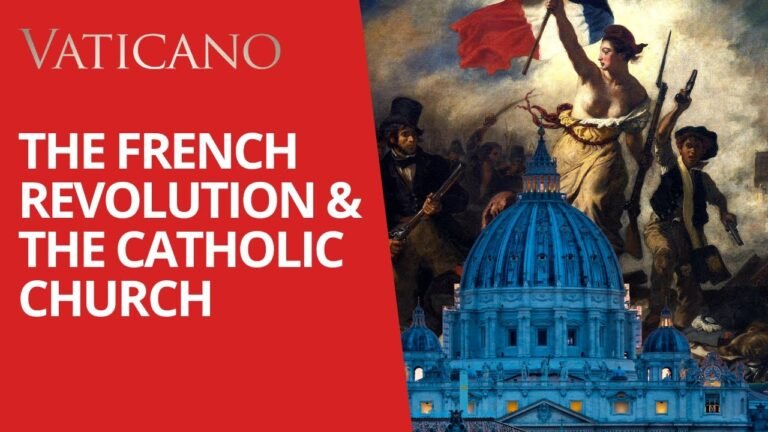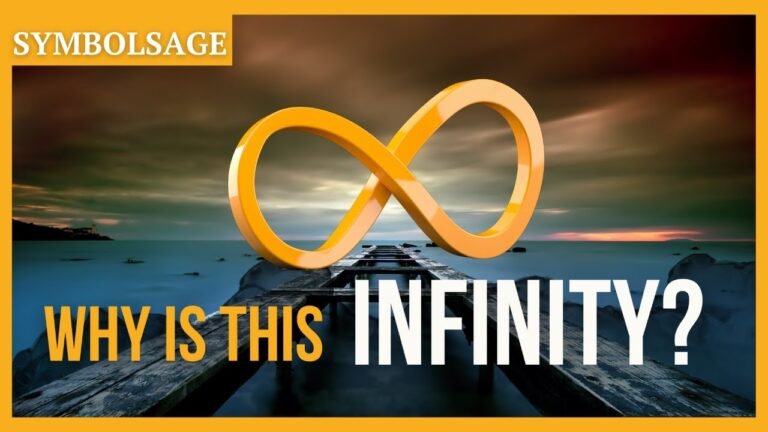The Evolution of Catholicism in France
France and Catholicism share a rich and complex history that has shaped both the nation and the religion itself. From the early days of Christianity to the influential role of the Church in French politics and culture, the interplay between faith and national identity has been profound. Today, as France grapples with secularism and religious diversity, the legacy of Catholicism continues to influence societal values and communal life. This exploration delves into the enduring impact of Catholicism in France, highlighting its historical significance and contemporary relevance.
How has Catholicism shaped French culture today?
Catholicism has influenced French culture through art, architecture, festivals, and moral values, shaping social norms and national identity throughout history.
Is France predominantly a Catholic country?
France has a rich history deeply intertwined with Catholicism, which has shaped its culture, art, and traditions for centuries. With around 51% of the population identifying as Christian, the majority of these individuals practice Catholicism. This enduring influence is evident in the numerous cathedrals, festivals, and rituals that punctuate the French calendar, reflecting the nation’s historical roots in the Catholic faith.
Despite its Catholic heritage, modern France presents a vibrant tapestry of religious beliefs. The country’s commitment to secularism, established by the 1905 law separating church and state, has allowed for a pluralistic society where various religions coexist. Alongside Catholicism, significant populations of Muslims, Jews, Buddhists, and Hindus contribute to the rich diversity of beliefs and practices found throughout the nation.
As France continues to evolve, the balance between its Catholic legacy and the growing presence of other faiths highlights a dynamic cultural landscape. While Catholicism remains a prominent aspect of French identity, the increasing religious diversity reflects the nation’s openness and adaptability. This interplay ensures that France remains a fascinating example of how historical traditions can coexist with modern pluralism.
When did France cease to be a predominantly Catholic country?
The transition of France from a predominantly Catholic country began with the upheaval of the French Revolution in 1789. This period marked a significant turning point as the revolutionaries sought to diminish the power of the Catholic Church, leading to widespread persecution and the dismantling of its influence in public life. The revolutionary ideals challenged the long-standing relationship between the state and the Church, setting the stage for profound societal changes.
In the early 20th century, France solidified its commitment to secularism with the implementation of Laïcité, which established the principle of absolute neutrality of the state regarding religious beliefs. This policy not only reinforced the separation of church and state but also ensured that public institutions would operate independently of religious influence. As a result, France evolved into a secular republic, reflecting a modern identity that embraces pluralism and respects diverse beliefs.
Who was responsible for converting France to Catholicism?
In a pivotal moment for French history, Henry IV officially declared his conversion to Catholicism in 1593, signaling a significant shift in the religious landscape of France. This announcement, made to prominent figures such as the Grand Duke of Tuscany and the Prince de Conti, marked a decisive step towards reconciliation in a nation deeply divided by religious conflict.
The royal council swiftly backed Henry IV’s decision, affirming his commitment to the Catholic Church on May 16, 1593. This conversion not only aimed to unify a fractured country but also reinforced Henry’s authority as a ruler who sought to restore peace and stability. His embrace of Catholicism played a esencial role in ending the Wars of Religion, setting the stage for a more harmonious France.
From Origins to Modernity: A Journey Through Faith
From the ancient rituals of early civilizations to the structured doctrines of contemporary religions, faith has evolved as a powerful force shaping human experience. Each belief system emerged from the unique cultural, historical, and philosophical contexts of its time, reflecting humanity’s quest for meaning and connection to the divine. This journey through faith reveals how sacred texts, oral traditions, and communal practices have interwoven, fostering a rich tapestry that transcends geographical boundaries and unites diverse peoples in their search for understanding.
In modernity, faith intersects with science, technology, and globalization, prompting both challenges and transformations. While some embrace a more liberal interpretation of spirituality, others find solace in traditional beliefs that anchor them amidst rapid change. This dynamic interplay encourages dialogue and reflection, inviting individuals to explore their own spiritual paths while acknowledging the profound impact of faith on society. As we navigate this complex landscape, the essence of belief remains an enduring thread, inviting us to discover our place within the larger narrative of humanity’s spiritual journey.
Shaping Society: The Impact of Catholicism in French Culture
Catholicism has profoundly shaped French culture, weaving its values and traditions into the very fabric of society. From the majestic cathedrals that dominate city skylines to the numerous festivals celebrating saints, the influence of the Church is evident in everyday life. These architectural and cultural landmarks not only serve as places of worship but also as symbols of national identity, reflecting a collective history that intertwines faith with the arts, philosophy, and social norms. The rich tapestry of French literature and music is often interlaced with themes of spirituality, illustrating how deeply rooted Catholic beliefs have influenced creative expression throughout the centuries.
Furthermore, Catholicism has played a pivotal role in shaping social structures and ethical frameworks within France. The Church’s teachings have historically guided moral discourse, influencing issues such as education, charity, and community solidarity. As a result, Catholic values have fostered a sense of civic responsibility and collective welfare, encouraging citizens to engage in acts of service and social justice. Even in a modern, secular society, the echoes of Catholic doctrine continue to resonate, prompting ongoing dialogue about morality, human rights, and the role of faith in public life. This enduring legacy underscores the significant impact of Catholicism on the evolution of French culture and its society as a whole.
Key Figures and Milestones in French Catholic History
Throughout its rich history, French Catholicism has been marked by significant figures and milestones that shaped its identity and influence. From the establishment of the Gallican Church in the 16th century, asserting local autonomy while remaining loyal to the papacy, to the pivotal role of figures like St. Joan of Arc, whose faith and courage inspired a nation during the Hundred Years’ War, France’s Catholic heritage is deeply woven into its national narrative. The French Revolution brought both challenges and transformations, leading to the establishment of secularism while prompting the Church to adapt to a changing society. In the 20th century, the emergence of liberation theology and a renewed emphasis on social justice further revitalized the Church’s mission, illustrating the resilience and evolving nature of French Catholicism in response to historical events. These key figures and milestones not only highlight the profound impact of Catholicism on France’s cultural landscape but also underscore its ongoing relevance in contemporary society.
Challenges and Resilience: Catholicism in Contemporary France
In contemporary France, Catholicism faces a myriad of challenges as it navigates a rapidly changing societal landscape. The decline in church attendance and the rise of secularism have left many parishes struggling to maintain their relevance. As younger generations drift away from traditional religious practices, the Church finds itself at a crossroads, grappling with how to engage a populace increasingly skeptical of organized religion. This shift raises esencial questions about identity, community, and the role of faith in modern life.
Despite these hurdles, the Catholic community in France exemplifies remarkable resilience. Many parishes are redefining their approaches by embracing inclusivity and social justice initiatives, reaching out to marginalized groups, and fostering dialogue with other faiths. Innovative programs targeting youth engagement and community service are seeing a revival of interest and participation. Through these efforts, the Church aims not only to retain its followers but also to demonstrate the relevance of Catholic values in addressing contemporary societal issues.
The future of Catholicism in France hinges on its ability to adapt and respond to the evolving cultural climate. By prioritizing dialogue over dogma and action over tradition, the Church has the potential to forge a new path that resonates with both committed believers and those curious about faith. This journey of transformation may well serve as a blueprint for religious institutions grappling with similar challenges worldwide, showcasing how resilience can lead to revitalization in the face of adversity.
France’s deep-rooted connection with Catholicism continues to shape its cultural identity and social fabric, influencing everything from art and architecture to holidays and community life. As the nation navigates modern challenges, this relationship remains a pivotal element in understanding the complexities of its society. The interplay between tradition and contemporary values highlights the enduring legacy of Catholicism in France, ensuring that its impact will resonate for generations to come.







